For a long time we have been hearing that “Organic is the fastest growing segment of the food industry.” Organic advocates make the claim that Organic could “feed the world” or that it could be “the solution to global warming.” There is definitely enough buzz about Organic to make all of this seem plausible. The popular image of Organic is that it is finally becoming a significant part of the food supply. The actual statistics paint a very different picture.
Why Does Organic Seem Bigger? Failure to Do The Math.
In 2008, a USDA survey of US Organic growers got responses from over 90% of the growers, so we know a great deal about the US Organic industry. In that year there were nearly 2.5 million acres of certified Organic cropland. That follows growth since 1995 at the rate of 144,000 acres/year (see graph below). That sounds like a lot of land to most people (an acre is roughly the size of a football field).
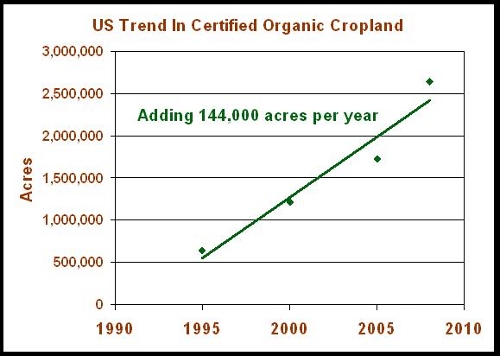
In fact, all those Organic acres put together still only represent 0.71% of the 370 million acres of US cropland. The amount of that cropland that was actually harvested in 2008 represented only 0.52% of the total.
Organic cropland area has been growing, but only at 0.0385% per year on an absolute basis (see chart below). At that rate of growth, US Organic cropland will still represent less than 2.5% of the total in the year 2050. The math suggests that Organic will remain as a small niche market.
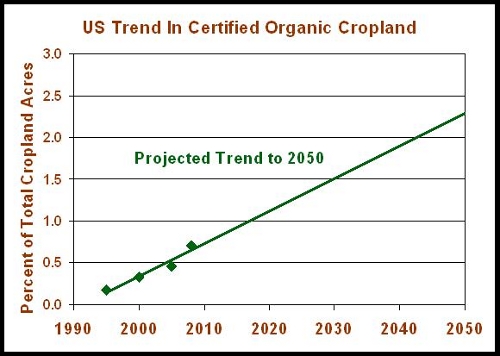
Why Does Organic Seem Bigger? Marketing.
Organic has been heavily marketed as a “super brand” so that the advertising dollars spent on everything from yogurt to spinach to baby clothes contributes to a unified consumer image. Organic also receives a great deal of free promotion by certain environmental groups, University programs, and certain corporations wanting to present a “green” image.
Positive messages about Organic and negative message about conventional food are abundant in the world of food and sustainability blogging, and in the media in general. All of this gives the impression that Organic must be a sizable industry.
Why Does Organic Seem Bigger? The Price Premium.
When you hear a statistic about rapidly growing Organic sales, there are several things to remember. The Organic farmer gets a premium price which is needed to cover higher production costs. The “Organic Premium” does not end there.
Instead, each player in the value chain (shipper, broker, distributor, retailer) charges a premium over their normal margin for Organic products. Also, most of the statistics are about grocery retail, which don’t include food service, which is about half of US food consumption. So a lot of Organic spending does not mean a great deal of Organic farming.
Why Does Organic Seem Bigger? Contact With Organic Farms.
Organic also seems bigger to many consumers because they have some direct contact with a small, local Organic farm through a CSA, a farm stand, or a farmer’s market. Many people know a student who has gone to work on an Organic farm because that has been a major trend in recent years. All of this gives the impression that Organic is a major movement in the food industry. Indeed there are a great many small Organic farms.
By 2008 there were >9,600 relatively small Organic farms in the US (having less than $100,000 in total sales – net income would be lower). Those farms represented 70% of all the Organic farms.
Having a lot of people involved in farming is a great thing; however, all of those farmers combined only produced 6.6% of total Organic sales (see graph below) and thus an even smaller percent of all food sales. People enjoy being able to buy from small, local, Organic farms, but they represent a miniscule proportion of our food supply. A highly visible Organic farming industry does not mean that Organic is large.
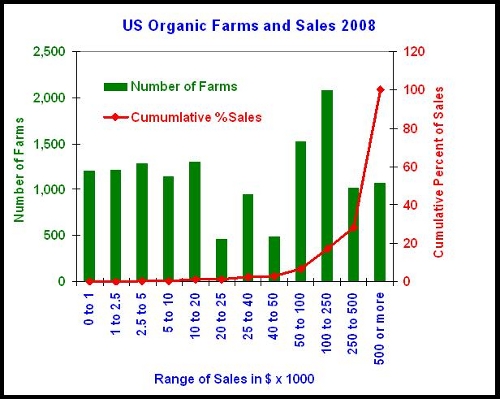
Why Does Organic Seem Bigger? Imports.
In recent years, much of actual growth in the Organic sales at the consumer level has come from imports of mainly non-perishables from outside of North America (frozen fruit and vegetables, grains, dried fruit, fruit juice concentrate, milk products etc). This last point is of concern to many different observers (Tree Hugger, Cornucopia Institute, Public Radio International, USDA, Business Week, various bloggers)
Because the Organic certification process relies mainly on paperwork and does not include random or even scheduled product testing, the possibility of fraud is substantial. Many US Organic farmers are also concerned about being undercut on price, particularly if the certification system in other countries has less integrity.
Organic consumers are often surprised about the imports. In a famous case, a frozen vegetable mix called “California Blend” was sold at Whole Foods. In small font on the back of the package were the words, “produced in China.” It is even more difficult to get statistics on the extent of Organic imports or to know which food products contain imported ingredients. There are widespread concerns about this major source of growth in the US Organic sector.
So, in spite of seeming otherwise, Organic farming is a very small part of US crop agriculture. It seems destined to remain small. Organic is a solid niche and a good business for some players, but when we hear Organic being promoted as “the solution” to our food supply and environmental issues, we need to be skeptical.
Graphs by Steve Savage based on USDA-NASS and USDA-ERS data.
My website is Applied Mythology. Please comment here and/or by emailing me at savage.sd@gmail.com


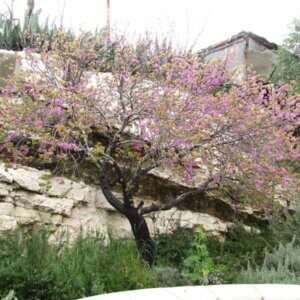
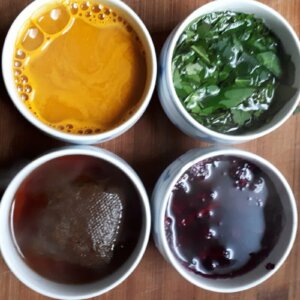
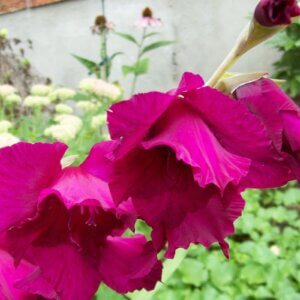

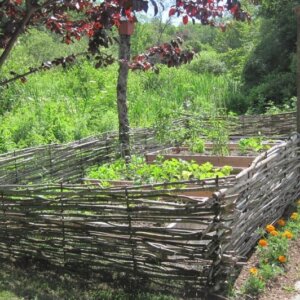
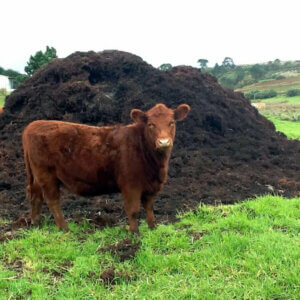


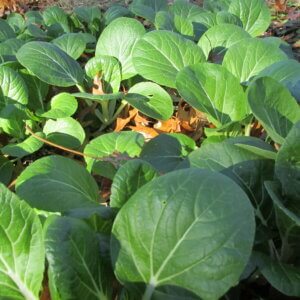

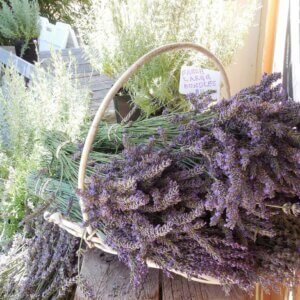
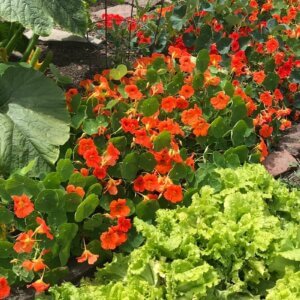
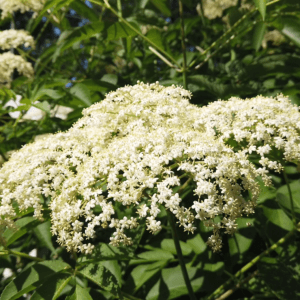
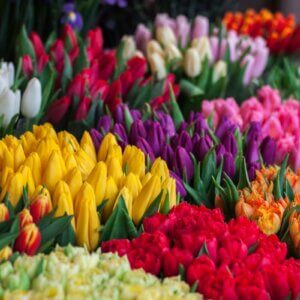



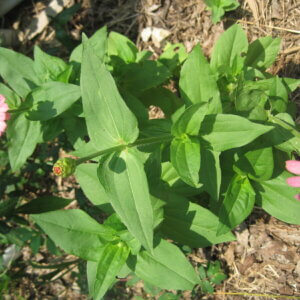
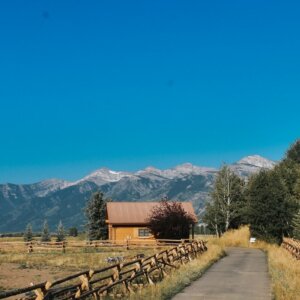



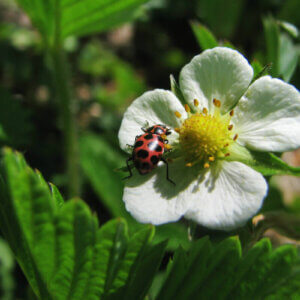
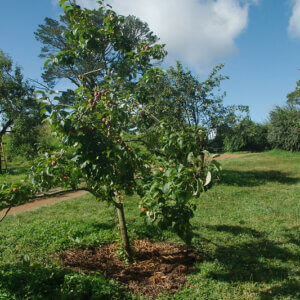
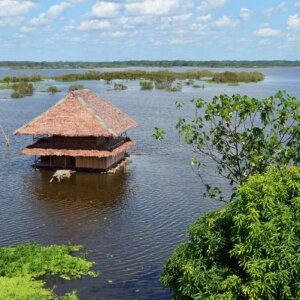
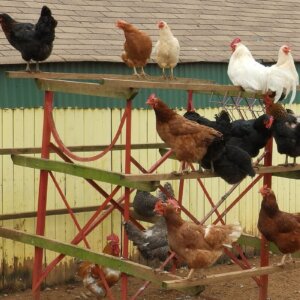
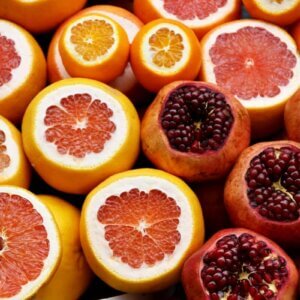
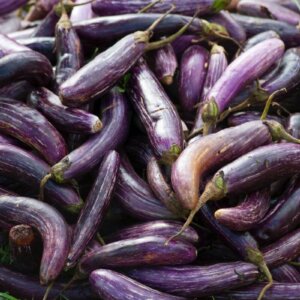

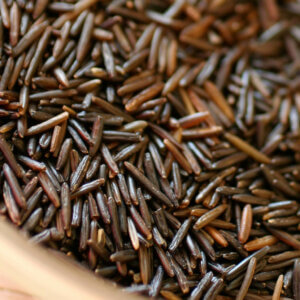

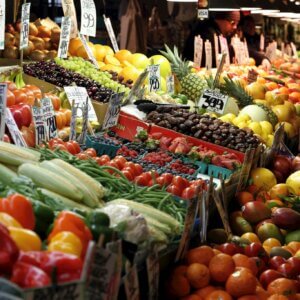
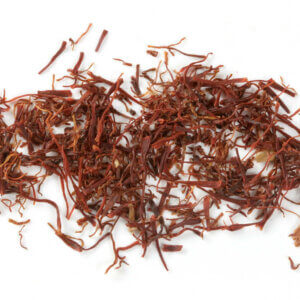

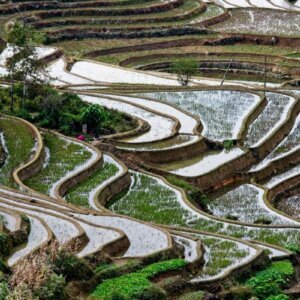

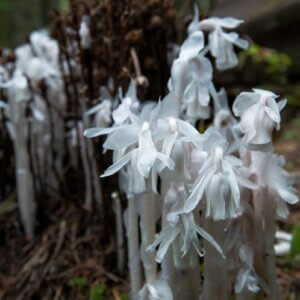


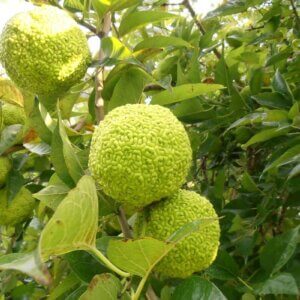
A really well investigated, researched and written piece. It should serve to highlight the fact for the consuming public that Organic farming will never over take conventional farming in feeding the masses in the world. It has its own niche, which is great, and is perceived as a “green lifestyle healthier choice,” but the truth of the matter, as so succinctly laid out in this article, is that conventional farming currently is the only way to feed the world, and will maintain that dominance for generations to come.
What I find dangerous about the organic niche is that is preys on fears and naivety. It is similar to what we call in my industry ‘green washing’, which is the labeling and marketing of products as “green”, though the only real ‘green’ aspect is a color on the label. At a time when we could use TRUE eco-consciousness, big business is selling snake oil.
I feel that organic is getting away with the same ploy, as most people believe that organics are pesticide free and are more nutritious.
Rich,
You are right that Organic rules allow some pesticides. Most of them are quite “soft” in terms of the environment and human toxicity, but actually the same is true for most of the modern “synthetic” pesticides. The old copper-based fungicides that are allowed for Organic are not nearly as safe as most modern fungicides, but they are some of the only options Organic growers have. Even so, I wouldn’t call Organic “greenwashing” except in the case of suspect foreign imports. I just think that what we need is a sustainable form of farming that goes beyond the limitations of Organic. See:
http://blog.sustainablog.org/five-key-limitations-of-organic-farming/
Excellent article. Appearing big has its advantages. Awareness is key. Conventional farming has a “stronghold” on the market. This will continue to push out organic farmers, designating them to a smaller percentage of the market. I think another problem is as organic markets grow, farmers will find it hard to produce or sustain organic farming on soil that is constantly eroding from conventional farming.I think if some conventional farmers adopt some of the organic farming practices, sustainability is possible.
Green Beauty Girl,
I think it is hard to support the idea that Organic growers are being “pushed out” when there are more an more Organic farms and acres every year. It is just that the growth is still small on an overall basis. As for erosion, the statistics show that erosion of US soils is being reduced by minimum and no-till practices. Organic is small because of its own internal limitations – it can’t blame the rest of farming.
Actually, the typical Organic practice I would like to see adopted more widely is cover cropping. That combined with no-till (which uses herbicides) is the best way to stop all erosion, sequester carbon in the soil, and build the water capture and holding potential of the soil.
Haven’t read anything more sensible for a long time. People who trust marketing companies should first read the definition of organic. Then they would easily understand the exaggerated fuss around organic. That is how people have farmed for years.
I see the problem as part of a vicious circle in which we have willingly put ourselves.